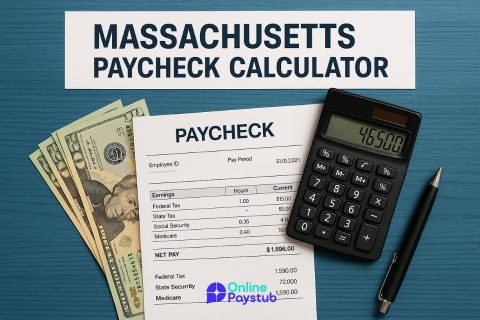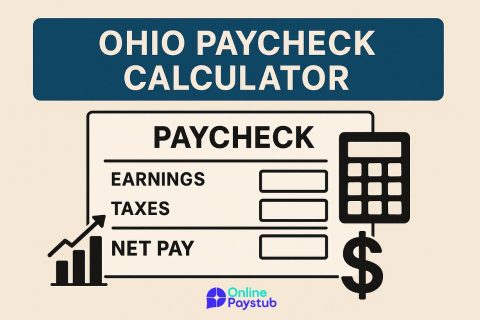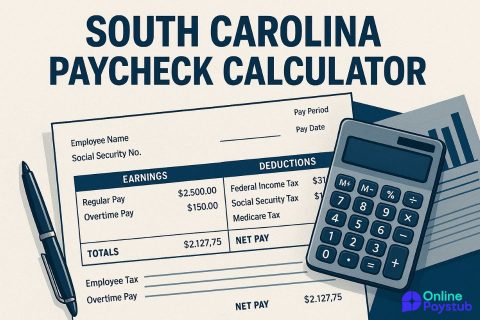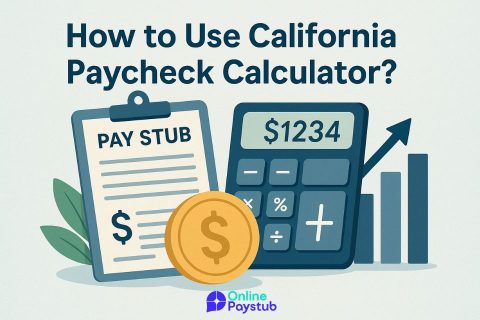Do Minors Have to Pay Taxes on Their Income?
Yes, minors are subject to income tax if their earnings exceed certain IRS thresholds. The IRS does not exempt individuals from tax obligations based on age income, not age, determines whether taxes apply.
IRS rules for earned vs. unearned income
The IRS distinguishes between two types of income when determining filing requirements for minors:
- Earned income: Wages from part-time jobs, summer gigs, or self-employment (e.g., babysitting, lawn mowing). If a minor earns more than the standard deduction for their filing status, they may be required to file a tax return and possibly owe income tax.
- Unearned income: Includes interest, dividends, capital gains, or investment income. If unearned income exceeds a lower threshold even if the minor has no job they may still be required to file a return.
For example:
- In 2025, a minor must file a tax return if they have:
- Earned income exceeding $15,000
- Unearned income over $1,300
- Or combined income that exceeds IRS thresholds for dependents
Standard deduction thresholds for minors
If a minor is claimed as a dependent on a parent’s tax return, their standard deduction is limited.
For tax year 2025:
- The standard deduction for a minor with only earned income is the amount of their earned income + $400, up to a max of $15,000.
- For unearned income, the limit for triggering a filing requirement is much lower $1,300.
So, if a teenager earns $6,000 at a summer job and has $1,500 in investment income, they would need to file a return even if they owe little or no tax.
What Taxes Are Withheld from a Minor’s Paycheck?
Even if a minor does not owe taxes at the end of the year, they may still see deductions on their paycheck. Employers withhold taxes based on federal and state laws, as well as the information provided on Form W-4.
Federal income tax
Employers withhold federal income tax if:
- The minor is expected to earn more than the standard deduction for the year
- The minor did not claim exemption on Form W-4
- They have unearned income that changes their filing situation
For example, if a 16-year-old makes $9,000/year and did not fill out their W-4 correctly, their employer may withhold federal tax even though they aren’t legally required to pay any at year-end.
Social Security and Medicare (FICA)
In most cases, minors are not exempt from FICA taxes, which fund Social Security and Medicare:
- Social Security tax rate: 6.2%
- Medicare tax rate: 1.45%
- Total FICA: 7.65% of gross pay
Even if a teen earns less than the federal tax threshold, FICA will usually be withheld unless they are:
- Working for a parent’s business (with exceptions)
- Employed by certain nonprofits or religious organizations exempt from FICA
For example, a minor earning $1,000 in a given month would typically see $76.50 withheld for FICA.
State tax variations
State income tax withholding varies significantly:
- Some states (like Texas, Florida, and Washington) have no state income tax.
- Others (like California or New York) do, and employers must also withhold state income tax from minors if their income exceeds state-specific thresholds.
Each state has its own filing rules for minors, so it’s important to check local requirements, especially for refund eligibility.
How Much Tax Is Taken Out of a Minor’s Paycheck?
The amount of tax withheld from a minor’s paycheck depends on income level, job type, and how they completed their Form W-4. While many minors won’t owe income tax at year-end, federal income tax and FICA taxes may still be withheld.
Paycheck withholding examples
Example 1:
A 16-year-old earns $1,600/month working weekends.
- FICA (7.65%): $122.40
- Federal tax withheld: ~$0–$50 (depending on W-4)
- Net pay: ~$1,477.60
Example 2:
A teen earns $3,000 in a summer job but fills out their W-4 incorrectly, causing federal tax withholding.
- $229 in total withholdings
- At tax time, if income is under the standard deduction, the teen may file a return and receive a refund
Minimum wage and part-time job scenarios
Most minors working at minimum wage for fewer than 20 hours per week will:
- Fall under the standard deduction limit
- Still have Social Security and Medicare taxes withheld
- Possibly have federal tax withheld if W-4 is not completed carefully
For instance, a teen earning $10/hour, 15 hours per week makes ~$600/month. FICA taxes would be ~$45/month even if no federal income tax is withheld.
Special Rules: The Kiddie Tax and Investment Income
The kiddie tax affects minors with significant unearned income (like dividends, interest, or capital gains), not income from part-time jobs.
When the kiddie tax applies
In 2025, the kiddie tax applies when:
- The minor has unearned income over $2,700
- They are under 18, or
- 19–23 years old, a full-time student, and do not provide over half their own support
This income above the threshold is taxed at the parent’s marginal tax rate instead of the child’s rate.
Parent tax rate vs. child tax rate
- A minor might be in a 0–10% bracket, but if the kiddie tax kicks in, the excess income could be taxed at 22% or higher.
- This prevents wealthy families from shifting investment income to children to take advantage of lower tax brackets.
Example:
A teen earns $1,000 from wages and $3,500 from stock dividends. The first $1,300 of the investment income is tax-free, but the next $2,200 may be taxed at the parent’s rate.
When Does a Minor Need to File a Tax Return?
Not all working minors are required to file a return—but some are, and others may benefit from filing even if they’re not legally required.
In 2025, a dependent minor must file a return if:
- Earned income exceeds $15,000, or
- Unearned income exceeds $1,300, or
- Combined income requires filing based on IRS thresholds
Even if income is under the filing requirement, filing may still be necessary to report tips, claim credits, or avoid penalties.
If federal income tax was withheld from a minor’s paycheck, and they earned less than the standard deduction, they can likely:
- File Form 1040
- Claim a full refund
Example:
A teen earns $6,000 and had $400 withheld. Filing a return could result in a $400 refund if no tax is ultimately owed.
How Minors Can Reduce or Avoid Tax Withholding
Filing a tax return may allow minors to recover overpaid taxes—but it’s better to avoid excessive withholding in the first place by filling out Form W-4 properly.
Completing Form W-4 correctly
- Line 1: Full name and address
- Step 1c: Mark “Single” unless otherwise applicable
- Step 2: Leave blank if the minor only has one job
- Step 4c: Leave blank unless extra withholding is desired
- Check the box for “Exempt” if the minor had no tax liability last year and expects none this year
This tells the employer not to withhold federal income tax.
Exempt status for low earners
To claim exempt status:
- The minor must not have had a tax liability last year
- The minor must expect to earn less than the standard deduction in the current year
Important: FICA (Social Security and Medicare) taxes will still be withheld, even if a minor is exempt from federal income tax.
Can Parents Include a Minor’s Income on Their Tax Return?
In specific cases, parents can report their child’s unearned income on their own return using IRS Form 8814 especially if it simplifies tax filing.
Using IRS Form 8814 for unearned income
If a minor only has interest and dividend income, and it totals:
- Less than $11,500 in 2025
- No estimated tax payments were made
- No foreign tax credits apply
Then parents can elect to report that income on their own return instead of filing a separate return for the child.




No comments to show.